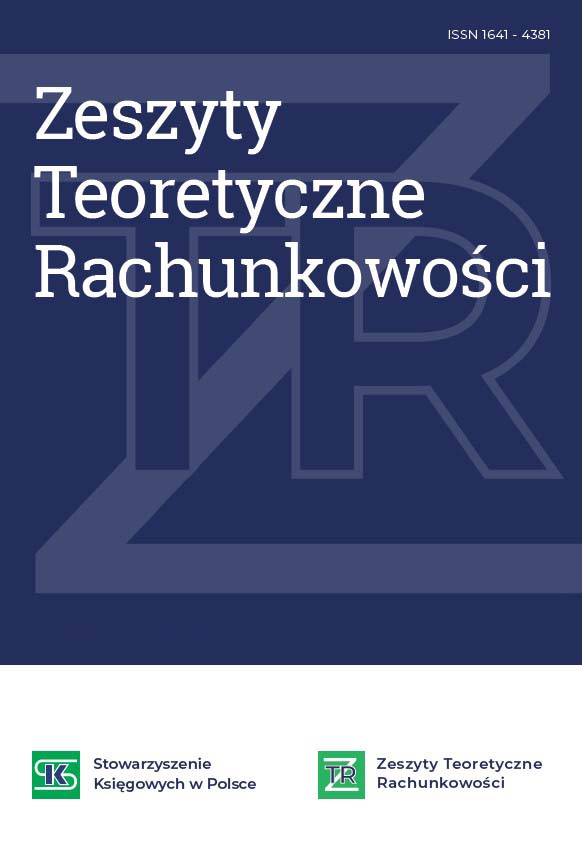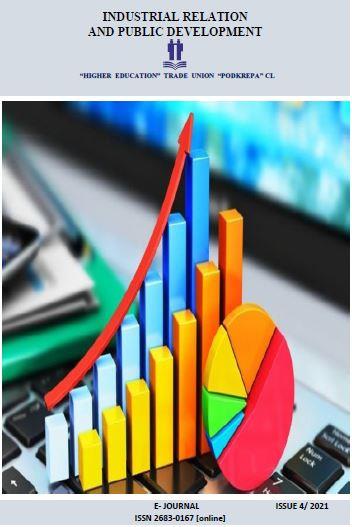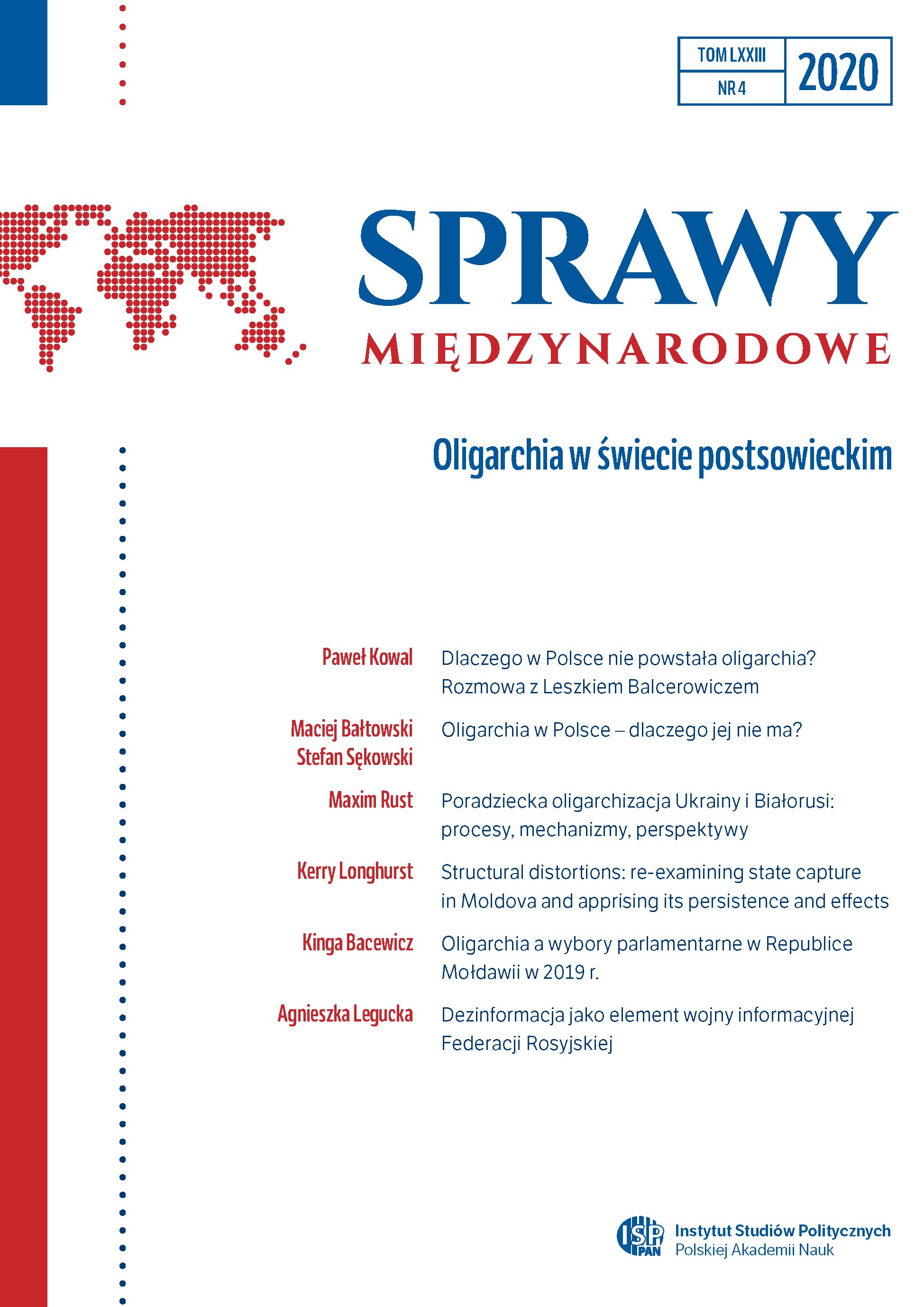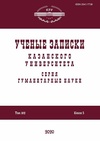
Przegląd dorobku naukowego z zakresu rachunkowości zarządczej i controllingu w ramach konferencji z cyklu „Rachunkowość a controlling”
Purpose: The aim of the article is to verify and assess the current state of scientific publications in the field of management accounting and controlling presented at the conference “Accounting and controlling”.Metodology/approach: An analysis of the papers submitted to the conference was carried out in terms of the number of publications based on university affiliation, degree of participant interest in the conference, and issues raised in the area of management accounting and controlling. Findings: The issues raised in the articles submitted to the “Accounting and controlling” conference demonstrate that interest in the issues of management accounting and controlling is significant. However, despite the 25 years of scientific discourse, there is still a wide variety of opinions on the concept of controlling, its mission and specifications, as well as the place of controlling as a discipline in enterprises. Accounting tools that support management are presented in many publications. However, there are also publications that discuss original concepts in the field of the methodology of controlling. Originality/value: The article summarises national scientific achievements in the field of management and controlling presented in the series of 25 editions of the conference “Accounting and controlling.
More...







